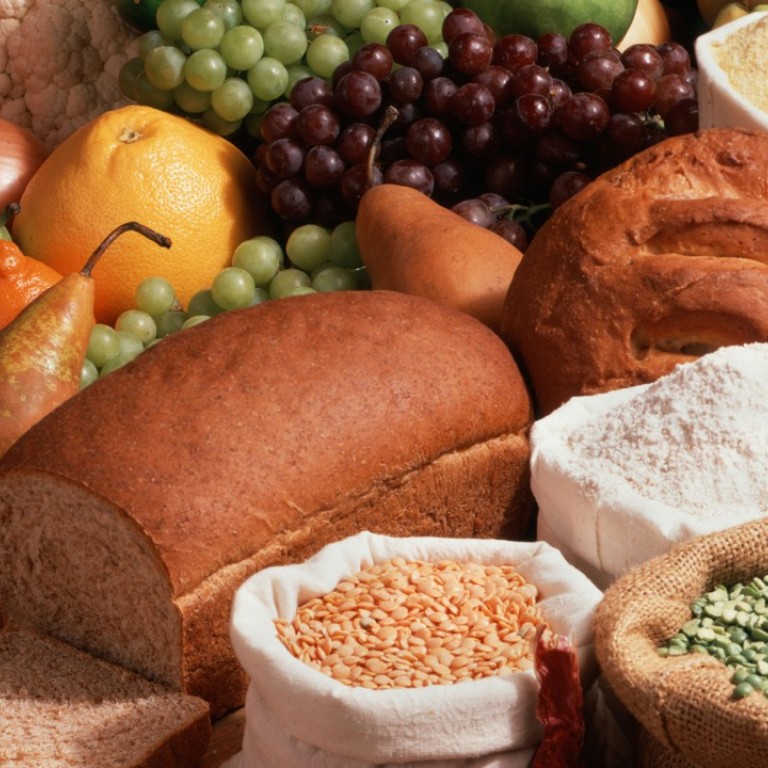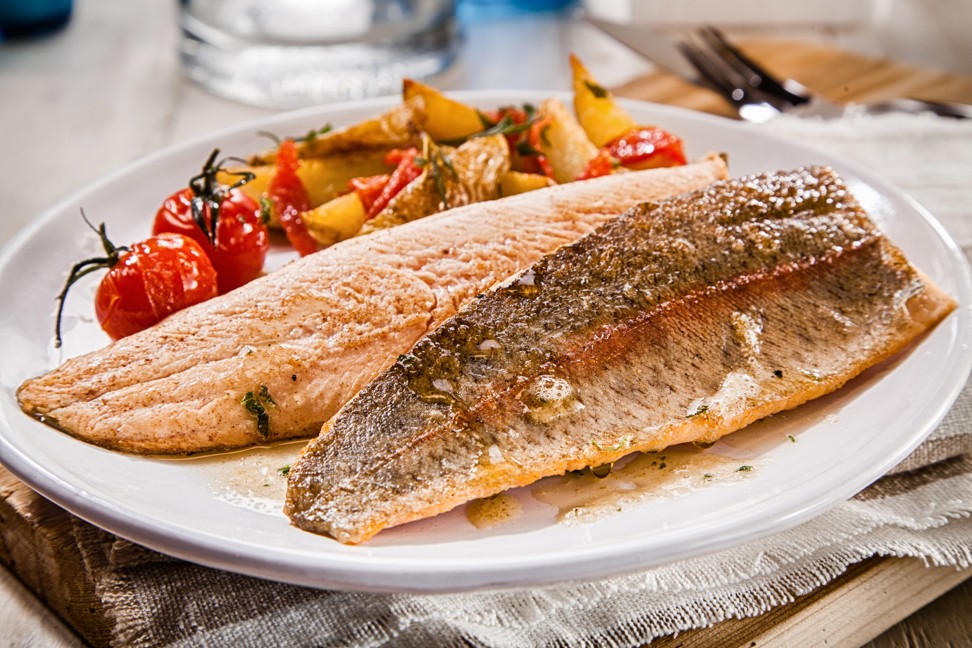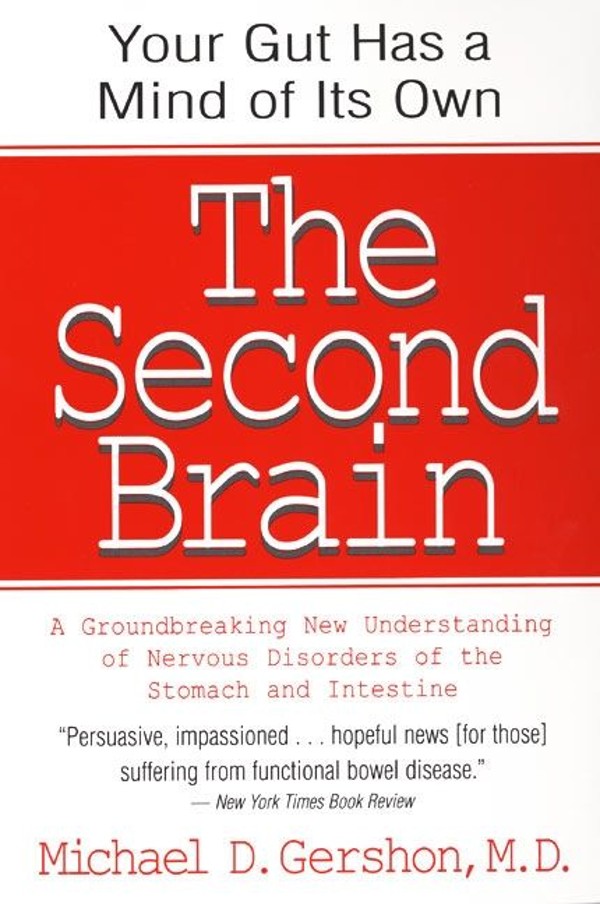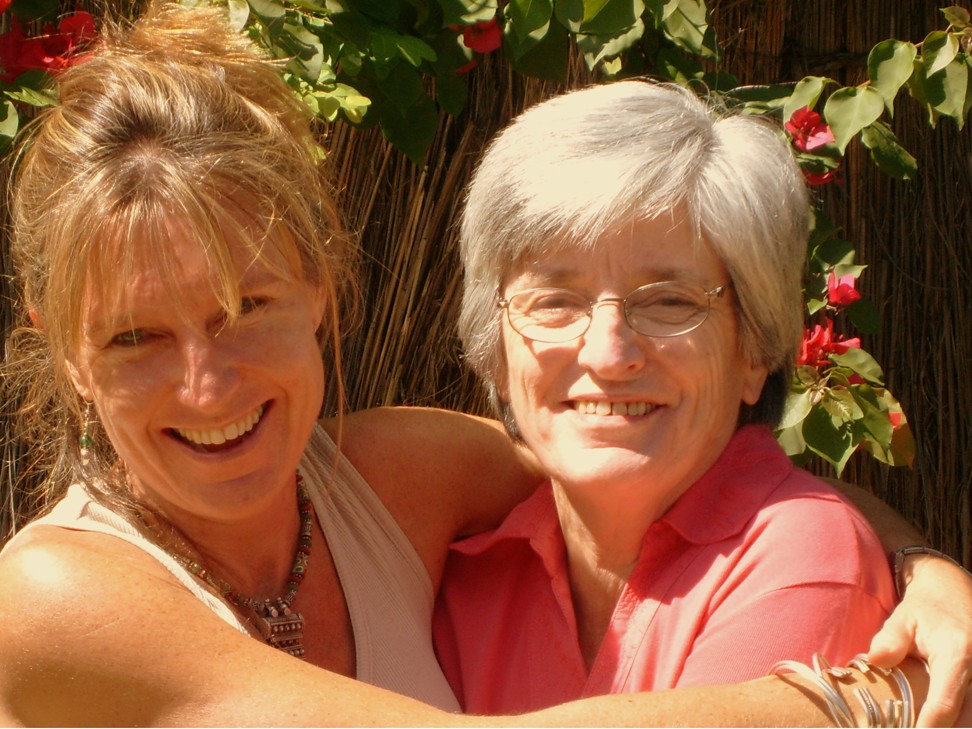
Why you can’t eat your way to happiness – one woman’s story of swapping antidepressants for oat cakes and feeling more depressed
It takes a lot more than camomile tea and gluten-free breakfasts to fend off mental illness; as writer’s mother found, you’ve got to have a desire to be happy before you can embrace a diet that brings wellness
We are, apparently, what we eat. Not just the amounts and volumes we consume – in a physically obvious eat-too-much-you’ll-get-too-fat kind of way. No, according to latest research, what we eat impacts us invisibly, intangibly: how we think, how we feel.
Food and mood, say the scientists, go hand in hand. You can eat your way to happiness – not the instant gratification in a bar of good chocolate or a slice of great cake (the sort of instant gratification that, of course, leaves you filled with sugar and guilt) – rather a lasting contentment and peace of mind.
Some scientists believe that the DASH diet – Dietary Approaches to Stop Hypertension, a diet rich in whole grains, fruits, and vegetables – may lend protection against depression. Others suggest strong evidence that gut bacteria are the influencers of mood disorders and neurodegenerative disease.

I have followed research published on depression for decades – my mother suffered severely. And so over the years, we embraced – for example – diets rich in fish oils.
Research said fish oil could help ease symptoms of depression as it is a good source of omega-3 fatty acids, which are important for brain function. Examples of fish high in omega-3s include sardines, salmon, herring and trout.
And then there was turkey, high in tryptophan, which is meant to trigger the production of the happy hormone, serotonin. The popcorn and the dark chocolate – disappointingly prescribed in unsatisfactory single squares – we consumed religiously for the same hormone highs.
Why mental health awareness should start in Hong Kong schools and companies
It was only years later that I understood – from Columbia University’s Dr Michael Gershon, author of The Second Brain, which describes the gut-brain link – that it takes a lot of tryptophan to raise serotonin levels only a little. An antidepressant would be a better option.
Throughout our psychoculinary experiments to elevate Mum’s mood, she continued with her cocktail of medications: antidepressants, anti-anxieties, antipsychotics – until she was persuaded by a nutritionist that her diet was, and had always been, the cause of her vulnerability to a crippling mental illness.

Mum paid US$150 (HK$1,180) for every session in the nutritionist’s luxury home, where we sank into a voluptuous sofa and drank camomile tea. “Have you tried it?” the portly nutritionist asked, “very calming in the event of anxiety”.
I wanted to ask her if she had ever seen a person with the kind of anxiety that leaves them virtually catatonic, unable to function because they are so afraid of the thought of a trip to the supermarket? But I didn’t. I cynically drank my herbal brew.
Tips on battling depression from a legendary ultra runner who exercises to avoid the next attack
Mum, all ears to the recipe for the elixir of enduring happiness, drank her tea with more grace than I and then bought tubs full of supplements and vitamins. She spent another fortune on tests: to check her adrenal function, her liver function, to monitor her cholesterol levels, thyroid function and haemoglobin levels.
She was so well (because of the pattern which manifested years ago, described as an upswing at the time, and because it was her time to be well) that she allowed the nutritionist to persuade her that her wellness would be compromised if she continued with antidepressants, her lithium, her anti-anxieties.
Brain health: how biohacking with supplements improves it, and why taking ‘smart drugs’ could be dumb
So Mum stopped, after almost 20 years of medication. And she felt elated at having given up her prescription – which she replaced with handfuls of colourful minerals and vitamins – exhilarated in the way a person who’d used a crutch to walk might feel when they suddenly found they could get around perfectly well without it.
She gave up wheat – on her nutritionist’s orders – and ate oat cakes for breakfast, meanly spread with organic honey. I joined in the charade and pretended the dry little crackers were a happy substitute for hot buttered toast. They were not.

But the upswing crested and then plummeted, like it had dozens and dozens of times before – just more steeply and more suddenly, and more catastrophically. Mum collapsed and – with absolutely no trace of the drugs left in her pristine, cholesterol-free, mineral-brimming system – there was no lingering, residual prop to break her fall; she hadn’t been so low for years.
Miserably, she threw her supplements away, made an appointment to see her psychiatrist, and resumed her antidepressants and lithium; she swore never, ever to discontinue either again. It took her six long, painful months to limp back to health.
Why perfectionism causes depression and how self-compassion could save your life
Hong Kong-based nutritionist Denise Fair says there are many factors that can increase or decrease our risk of depression, and food is one. “The brain, hormones, neurotransmitters and enzymes are all nutrients – or need nutrients – to function well,” Fair says, and eating a healthy diet is key to providing those nutrients.
Psychiatrist Dr Frances Cheng agrees. “There is increasing evidence that there is an association between a healthy diet and improved mood,” she says. Some deficiencies can predispose a person to feeling flat, and taking supplements will naturally make them feel better, more energised. But, she adds, “the association does not equate to causation, and there is no conclusive evidence that any food – or types of food – are effective in the treatment of depression”.

Irrespective of that evidence between food and mood, two things almost always present in people with clinical depression: a lack of interest (in anything, including food, its preparation, its enjoyment, its sharing) and a lack of appetite. When ill, my mother lived on digestive biscuits and tea, her weight plummeted until her trousers swam about her waist.
As Dr Cheng observes, “loss of appetite is a common symptom of depression” so sufferers frequently neglect nutritional requirements and “poor nutrition leads to poor cognitive function” which exacerbates and extends all the misery of depression: tiredness, irritability, sadness.
“People who make a conscious effort to consume fresh, healthy foods,” says Cheng, “may also be exercising more regularly, and exercise itself is known to reduce the symptoms of depression.”
Largest ever Hong Kong mental health survey to involve at least 15,000 people, with focus on young
Of course, when Mum fell sick despite the expensive supplements I contacted the nutritionist hoping she might still have answers. Given the assurances she had made to Mum about everlasting good health, I asked what she recommended. Mum was sick again, sicker than ever, I told her. “What now?” I asked through near-tears.
She didn’t sound very pleased to hear from me. She sounded as if she might be in a hurry. But she thought for a moment.
And then she prescribed coffee enemas: “I hear they are even beneficial in the case of cancer,” she added, as an afterthought. But my mum doesn’t have cancer, I wanted to scream, she has depression.
I put the phone down. I didn’t know whether to laugh or cry.
Eating well is imperative to wellness, of course. But a person cannot eat their way to wellness from the depths of despair. To make the “conscious effort” to eat well, exercise well, that Cheng refers to, they are also making a conscious effort to be well. To do that they must exhibit an interest in life. And in living.
And that, tragically, is the vital ingredient the clinically depressed are lacking.

